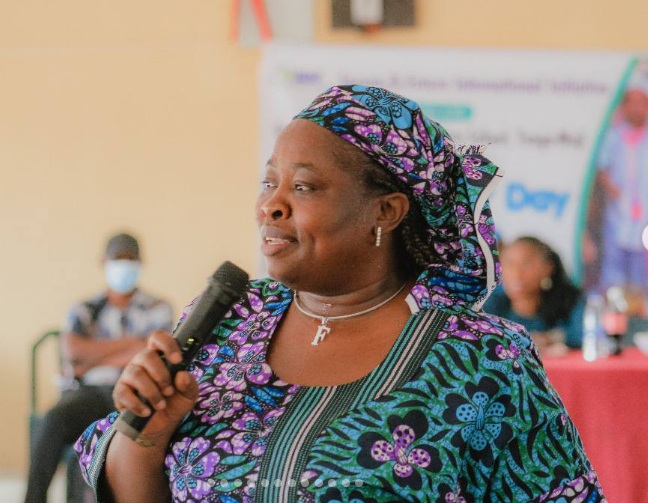The country director, Secure-D-Future International Initiative, Chinaemerem Iwuanyanwu, has said mental health challenges in Nigeria are significant, marked by limited access to services and a lack of social awareness and an inadequacy in mental health professionals.
According to research, approximately 25-30 percent of Nigerians experience mental illness, but less than 10 percent have access to professional care.
It is in an attempt to bridge this gap, which is attributed to societal attitudes that hinder access to treatment, that the Secure-D-Future International Initiative; a non-governmental organisation has held its 4th Annual Counselors Summit and unveiled its Mental Health Guideline framework, in a Two-Day event, themed: “Bridging The Gap: Integrating Counseling Into Mental Health Policies, Opportunities and Challenges.”
At the event in Abuja, which had participants from schools, communities, partners, and stakeholders from across the country, Iwuanyanwu disclosed that this fourth annual counseling summit is a gathering of school counselors, private practitioners, and private workers, including policymakers, who have come together to upscale themselves and have conversations that border on the practice and the services that the association offers.
According to Chinaemerem, the key highlight of the event is the unveiling of the Guide on “Effective Mental Health Counselling: Bridging the Mental Health Gap in Nigeria.”
She revealed that the book was produced by several professors, doctors, and other mental health professionals.
She further revealed that findings and interactions of the SDF in schools have shown that some people do not pay adequate attention to issues relating to mental health as they focus more on ‘career counselling’.
She added, “The Association, in partnership with the Secondary Education Board, SEB (and with particular reference to the FCT Education Board), including the Counselling Association of Nigeria, has been trying to develop a lot of capacity building programmes to bring them up to speed. Stating that the purpose is to make them understand that counselling is good, but one must pay attention to the mental health of these children.
Speaking earlier at the event, the Founder of Secure-D-Future International Initiative (SDF), Dr Sada’atu Adamu, revealed that the SDF initiated the establishment of mental health clubs in the various schools where it caters to individuals, especially students who are struggling with mental health and challenges, so that they can get used to it, enjoy their space, and, in the same vein, equip themselves to provide support to others.
The SDF founder noted that not all mental health issues require medication, psychiatric hospitals and all sorts.
She said, “Counselling is one of the major things that we have to look at and also, integrate into the mental health framework. One cannot do much as it concerns mental health without counselling.”
She mentioned also that the SDF has rehabilitation centres where it caters for people struggling with drug use/abuse, and an institution where professionals are trained on the basic tools and techniques on how to support people with mental health. “What you are seeing today is part of what we bring onboard as an organisation.”
In his address, the vice chancellor of the Shehu Shagari University of Education, Sokoto, Prof Malami Umar Tambawal, noted that addressing mental health requires the collective effort of all, including the government.










